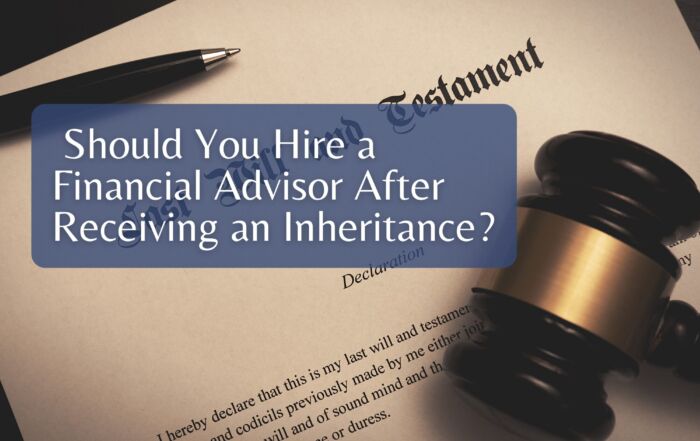What are the disadvantages of a custodial Roth IRA?

The Roth Individual Retirement Account (IRA) is a popular investment vehicle, known for its tax-free growth and withdrawals in retirement. However, when it comes to opening a Roth IRA for a minor, the account becomes custodial, meaning it is managed by an adult until the child reaches adulthood. While a custodial Roth IRA can be a powerful tool for teaching kids about investing and saving for the future, it’s not without its drawbacks. Let’s explore some of the disadvantages associated with custodial Roth IRAs.
Key Disadvantages of Custodial Roth IRAs
Loss of Control Over the Account
One of the primary disadvantages of a custodial Roth IRA is that once the minor becomes an adult (18 or 25 depending on the state), control over the account must be transferred to them. This means that despite the custodian’s best efforts to teach the child about financial responsibility, there’s no guarantee that the funds will be used as originally intended. The young adult could decide to withdraw the funds for immediate use, facing no legal barriers but potentially incurring taxes and penalties if the withdrawal is not qualified.
Contribution Limits and Eligibility
Contributions to a Roth IRA are limited by earned income. For a custodial Roth IRA, this means the child must have verifiable earned income from a job or self-employment. This can be a significant barrier, as many minors have limited opportunities to earn income that qualifies. Additionally, the annual contribution limit for 2023 is $6,500 (or $7,500 for those 50 and older), which may restrict the amount of money that can be invested annually.
Impact on Financial Aid
Assets in a custodial Roth IRA are considered the child’s assets for purposes of financial aid calculations. This can adversely affect eligibility for need-based financial aid, as assets owned by the child are assessed at a higher rate than parental assets. While retirement accounts are generally not reported as assets on the Free Application for Federal Student Aid (FAFSA), distributions from an IRA (if the child decides to withdraw money for education expenses) are counted as income, which can significantly impact financial aid eligibility in the following year.
Tax Consequences and Penalties
While the Roth IRA is celebrated for its tax-free growth and withdrawals, early withdrawals that do not meet the criteria for qualified distributions are subject to taxes and penalties. For a custodial Roth IRA, this means that if the child decides to withdraw funds before age 59½ and does not meet any of the exceptions for a qualified distribution, they could face a 10% penalty on earnings in addition to being taxed at their current income tax rate.
Make an Informed Decision
A Custodial Roth IRA presents a unique opportunity to foster early financial growth and education for minors. However, it’s crucial to weigh these advantages against potential drawbacks, including loss of control, contribution limits, financial aid implications, and tax penalties. By carefully considering these factors, parents can make informed decisions that align with their child’s long-term financial well-being.
Click here to schedule a consultation with a financial advisor to learn how we can help you achieve your financial goals.
Casey Smith
President, Wiser Wealth Management
Share This Story, Choose Your Platform!
Wiser Wealth Management, Inc (“Wiser Wealth”) is a registered investment adviser with the U.S. Securities and Exchange Commission (SEC). As a registered investment adviser, Wiser Wealth and its employees are subject to various rules, filings, and requirements. You can visit the SEC’s website here to obtain further information on our firm or investment adviser’s registration.
Wiser Wealth’s website provides general information regarding our business along with access to additional investment related information, various financial calculators, and external / third party links. Material presented on this website is believed to be from reliable sources and is meant for informational purposes only. Wiser Wealth does not endorse or accept responsibility for the content of any third-party website and is not affiliated with any third-party website or social media page. Wiser Wealth does not expressly or implicitly adopt or endorse any of the expressions, opinions or content posted by third party websites or on social media pages. While Wiser Wealth uses reasonable efforts to obtain information from sources it believes to be reliable, we make no representation that the information or opinions contained in our publications are accurate, reliable, or complete.
To the extent that you utilize any financial calculators or links in our website, you acknowledge and understand that the information provided to you should not be construed as personal investment advice from Wiser Wealth or any of its investment professionals. Advice provided by Wiser Wealth is given only within the context of our contractual agreement with the client. Wiser Wealth does not offer legal, accounting or tax advice. Consult your own attorney, accountant, and other professionals for these services.





